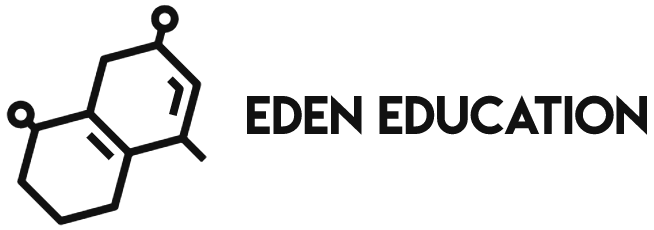
What Education Is Needed to Become a Registered Nurse?
If you’d like to pursue a career in nursing, you’ll need the right education to get started. There are many ways to get your degree and become a registered nurse. You can also earn your diploma in nursing, or get your Bachelor’s degree through an Accelerated BSN program. If you’d like to pursue a doctorate in nursing, you can choose a doctor of nursing practice (DNP) program.
Bachelor’s degree
Before sitting for the NCLEX examination, aspiring RNs must earn either an associate degree or a Bachelor’s degree in nursing. ADN programs offer courses in chemistry, nutrition, microbiology, psychology, and human anatomy. Clinical courses give hands-on experience in a nursing setting. Students typically complete clinical courses in hospital settings, clinics, and public health departments. A bachelor’s degree in nursing takes four years to complete.
Although the BSN program typically requires a longer period of time than the ADN, it gives students a broad education in leadership and critical thinking, as well as specialized knowledge of a wide range of medical conditions. A BSN is also available to those with an ADN, but admission requirements often include SAT or ACT scores and a minimum 3.0 GPA. A BSN offers the highest level of employability, making it a popular choice for aspiring registered nurses.
Practical nursing diploma
Whether you’re considering a career in the medical field or simply wish to advance your career, a practical nursing diploma is the right choice for you. This program combines classroom training with hands-on experiences in the field of nursing. Compared to other types of nursing degrees, a diploma program can be completed more quickly. The process of earning a practical nursing diploma lays out minimum standards of competence for nurses and prepares students for the NCLEX-PN exam.
Florida Practical Nursing School is part of the state public school system. This facility offers free education for students with a family income requirement, a health service and tutoring. The program lasts for a year and requires students to meet age requirements and pass the CNET pre-nursing assessment exam. This school accepts approximately forty students each year. The program requires 48 credits for completion and is taught in a hospital.
Accelerated BSN program
Earning an accelerated BSN in nursing will help you finish the requirements for a professional license in just two years. However, you must be motivated and self-disciplined to complete this program successfully. While you will not be able to work full-time as a student, you will still have the opportunity to work as a bedside nurse. You can complete your degree online if you want to, which will help you save time and money.
Before beginning your education, you should consider the impact accelerated BSN programs will have on your partner and family. Make sure you are up-front with your partner and explain the added responsibilities you will have while pursuing your degree. Also, make sure you stress that this program will benefit your entire family, not just you. The accelerated BSN is a smart choice for those who are determined to get their degree quickly.
Doctor of nursing practice (DNP)
If you’d like to further your nursing career, you can earn a Doctor of Nursing Practice (DNP) degree. The program is equivalent to the Doctor of Medicine and Doctor of Osteopathy, but the preparation and role is very different. As such, you should choose a program carefully based on the salary, career opportunities and the cost of the degree. In addition, you should take into account your financial resources and the amount of student loans you can apply for.
The DNP program’s popularity has increased over the last decade, and the number of DNP graduates has risen as well. It has been noted that most students who graduate from this program have years of clinical experience, and many moved seamlessly into leadership roles. However, there are also a number of stumbling blocks to its adoption in the health care system. In this article, the authors discuss the main challenges that prevent DNP students from achieving their goal.



